[Postponed] Whither Inflation? - Round Table II
01 February 2023, 5:00 pm–6:30 pm
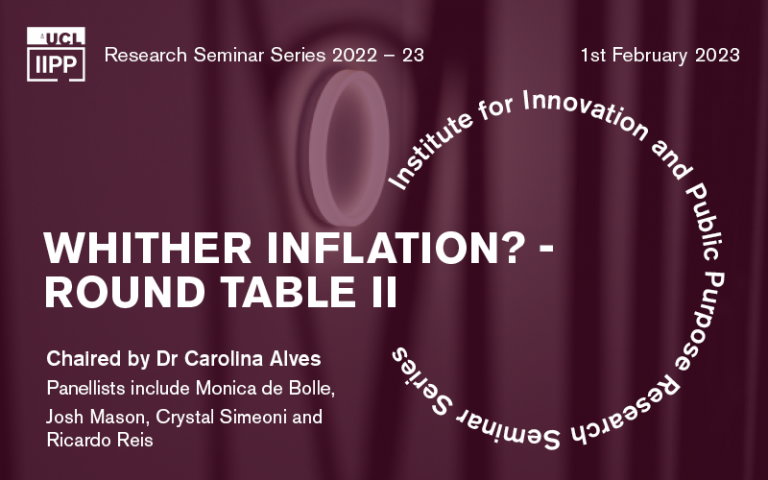
Seminar postponed due to UCL strike action taking place on the 1st February 2023. We will be in touch shortly to provide an update regarding the outcome of the seminar.
This event is free.
Event Information
Open to
- All
Availability
- Yes
Cost
- Free
Organiser
-
IIPP Comms
SEMINAR POSTPONED
This seminar has been postponed due to UCL strike action taking place on the 1st February 2023.The University and College Union (UCU), which represents lecturers and support staff, has announced plans for national industrial action which will take place throughout February and March 2023. The action relates to disputes over pay, working conditions and pensions.UCU is demanding a meaningful pay rise to deal with the cost-of-living crisis as well as action to end the use of insecure contracts.
UCL supports and will continue to participate in these national negotiations.
We will be in touch shortly to provide an update regarding the outcome of the seminar.
Inflation is eroding the purchasing power of households, increasing interest costs to borrowers, eroding stocks of wealth, and leading to enormous shifts of resources. Poorest households, with a lower budget capacity to absolve this price increase, are the ones hit the hardest. Yet this is the one area of macroeconomics where there was an apparent consensus that economic theory had contributed to frameworks which ensure that inflation would stay well contained. But as we look closely at this debate, policymakers and economists are divided between finding the causes, the right framework, and the best tools to fight inflation. Different theories (different approaches) lead to different diagnoses and, therefore, different policy solutions. While it is always convenient to look to the unfortunate 1970s, is this really the best framework for our current social and economic circumstances? Do we need to be open to different economic theories explaining the causes of inflation, or are the answers very much the same?
The IIPP Research Seminar Series has dedicated some space to discuss these questions and many others with researchers from a range of different traditions within economics. This discussion is also very close to our mission, as inflation affects how public and private organisations think about their collaboration and purpose-driven goals.
Guest Speakers
- Crystal Simeoni | Director at Nawi - Afrifem Macroeconomics Collective (The Nawi Collective)
- Josh Mason | Associate Professor of Economics at John Jay College, City University of New York
- Monica de Bolle | Senior Fellow at the Peterson Institute for International Economics
- Ricardo Reis | Arthur Williams Phillips Professor of Economics, The London School of Economics and Political Science
- Chair: Dr Carolina Alves | Associate Professor in Economics, UCL Institute for Innovation and Public Purpose
This in person event will take place at 11 Montague Street, London, WC1B 5BP.
About the Speakers
Crystal Simeoni
Director at Nawi - Afrifem Macroeconomics Collective (The Nawi Collective)
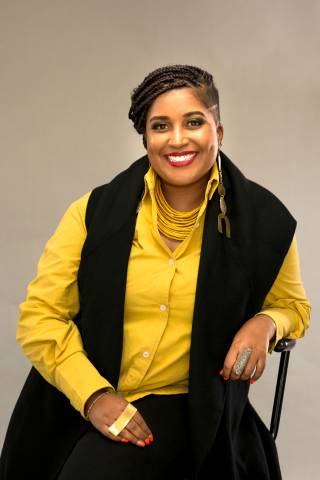
As we navigate through this global pandemic, we cannot talk of building back better ; What was built was never for us - only from us - what we must do is build back differently. This is the moment to completely reimagine what the world could be through feminist lenses - more just, more equitable and more inclusive.More about Crystal Simeoni
J.W. Mason
Associate Professor of Economics at John Jay College, City University of New York (CUNY)
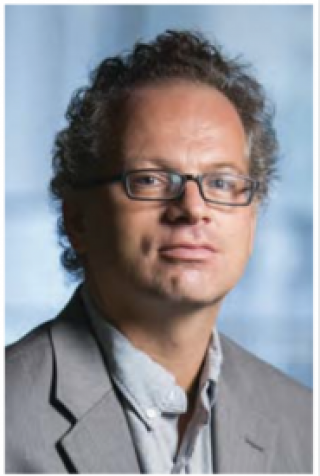
Monica de Bolle
Senior Fellow at Peterson Institute for International Economics
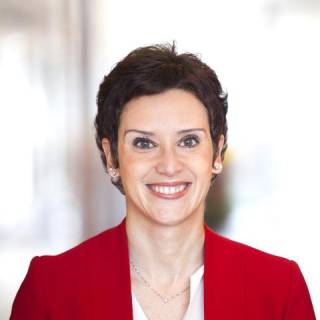
Ricardo Reis
A.W. Phillips Professor of Economics at The London School of Economics
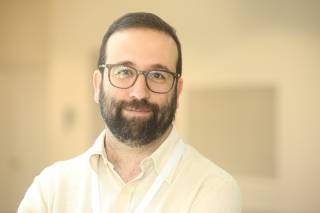
Dr Carolina Alves
Associate Professor in Economics at UCL Institute for Innovation and Public Purpose
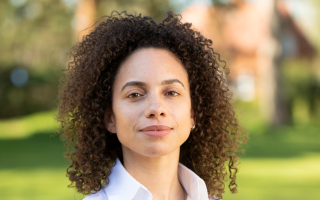
Carolina joins IIPP from Girton College at the University of Cambridge where she was the Joan Robinson Research Fellow in Heterodox Economics and a College Teaching Officer at the Faculty of Economics. At Cambridge, she led teaching in macroeconomics, political and social aspects of economics, and history and philosophy of economics, while also being the Director of Studies for Economics for second-year undergrads, and a member of Girton’s College Council responsible for the stewardship of the College.
Carolina is the co-founder of Diversifying and Decolonising Economics – a network of economists working to promote inclusiveness in economics in both the academic content and the field’s institutional structures. She is a member of the Rebuilding Macroeconomics Advisory Group - a research initiative aimed at re-invigorating macroeconomics and bringing it back to the fore as a policy-relevant social science, as well as being the co-editor for the Developing Economics blog, which takes a critical approach to creating discussion and reflection in the field of economics. She is also a board member on the Progressive Economy Forum Council (PEF) and Positive Money.
 Close
Close

